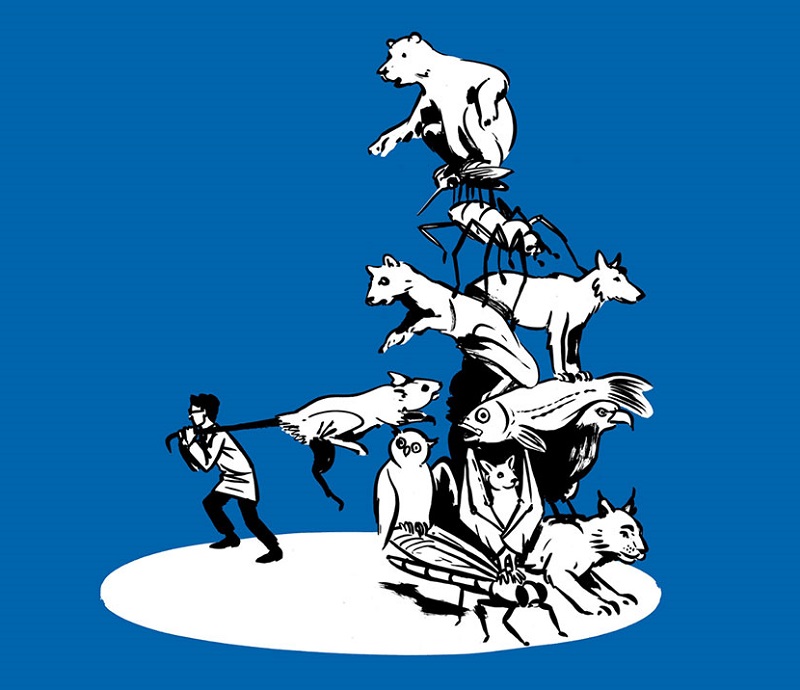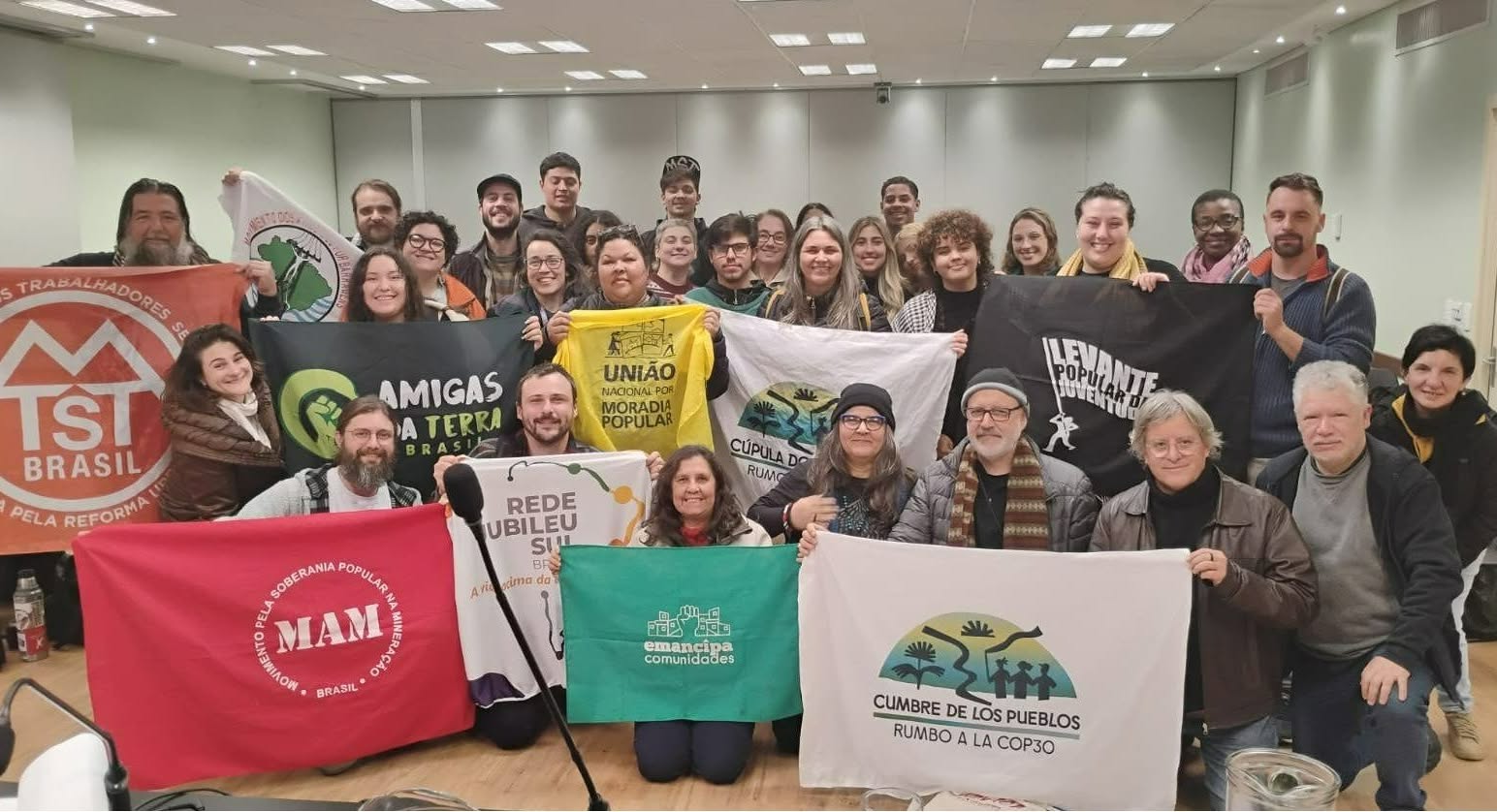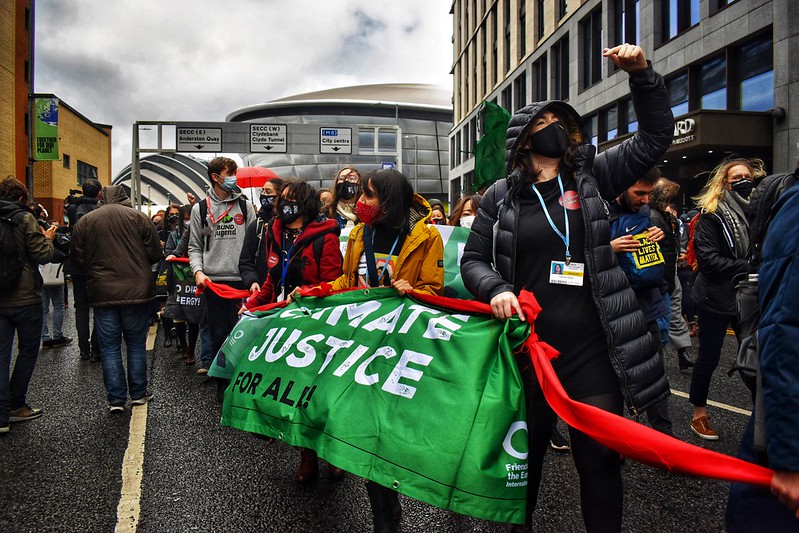Advances against gene drives
Convention on Biological Diversity: We need to consult communities about gene drives and assess the risks of the technology

The UN Convention on Biological Diversity urged the governments on November 29th to conduct strict risk assessments and consult indigenous people and other local communities before releasing organisms into the environment with “exterminator technology” such as gene drives.
The decision to consult the people about this dangerous genetic modification of organisms was celebrated by Friends of the Earth and the ETC group, since it is considered a response to the campaign these social and environmental movements have been carrying out for years to demand a ban to the implementation of gene drives, due to the impact these could have on the “traditional knowledge, innovation, practices, livelihood and use of land and water” of indigenous people and local communities and the genetic modification of species in a complete and permanent way.
Jim Thomas, co-executive director of the ETC group considered that this is a historic decision that implies to take control over gene drives “using simple common sense principles: Don’t mess with someone else’s environment, territories and rights without their consent”.
It is key for the people to exert influence, because gene drives are financed by powerful military interests, wealthy individuals or agribusiness representatives.
An example of what it would mean to release genetically modified organisms into the environment is the plan of London´s Imperial College with their Target Malaria project. This implies to release genetically modified mosquitoes in Burkina Faso as a step towards the future release of mosquitoes with gene drives, supposedly, to combat malaria. The people living in the villages chosen for their possible release, who will be exposed to these insects, have not been consulted or given their consent, stated the ETC group.
Activist Mariann Bassey – Orovwuje, of Friends of the Earth Africa, said that in this continent everyone is potentially affected and that they do not want to be “lab rats for this exterminator technology”.
“Farmers have already marched in the streets of Burkina Faso to protest genetically engineered mosquitoes and we will march again if they ignore this UN decision. We are giving notice now that potentially affected West African communities have not given their consent or approval to this risky technology”, said the environmental activist, who is also chair of the Alliance for Food Sovereignty in Africa.
To comply with the prior and extensive risk assessment, also demanded by the UN, it is necessary to agree on new biosafety measures to prevent the potential negative effects of this technology. For this we need more studies and research about the impacts of gene drives so as to develop guidelines that allow to assess them before considering their release, even their experimental release.






